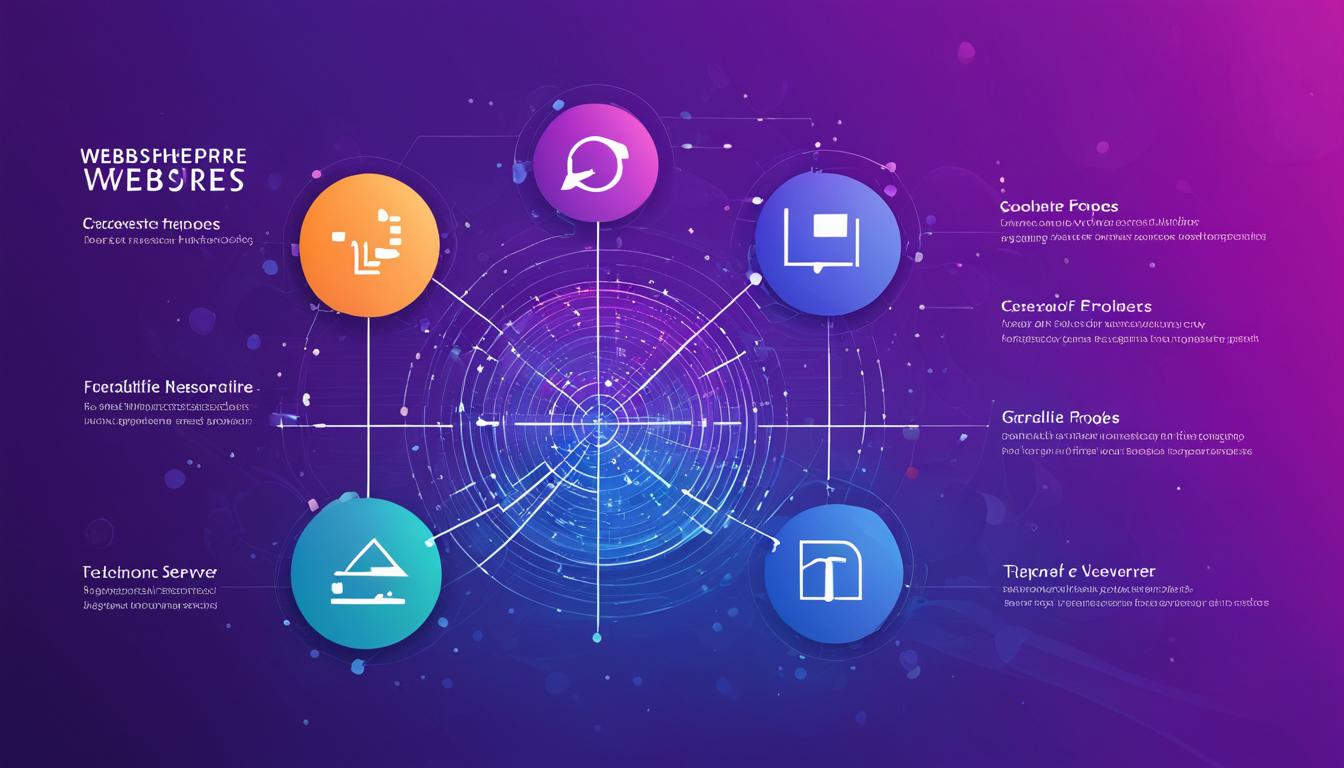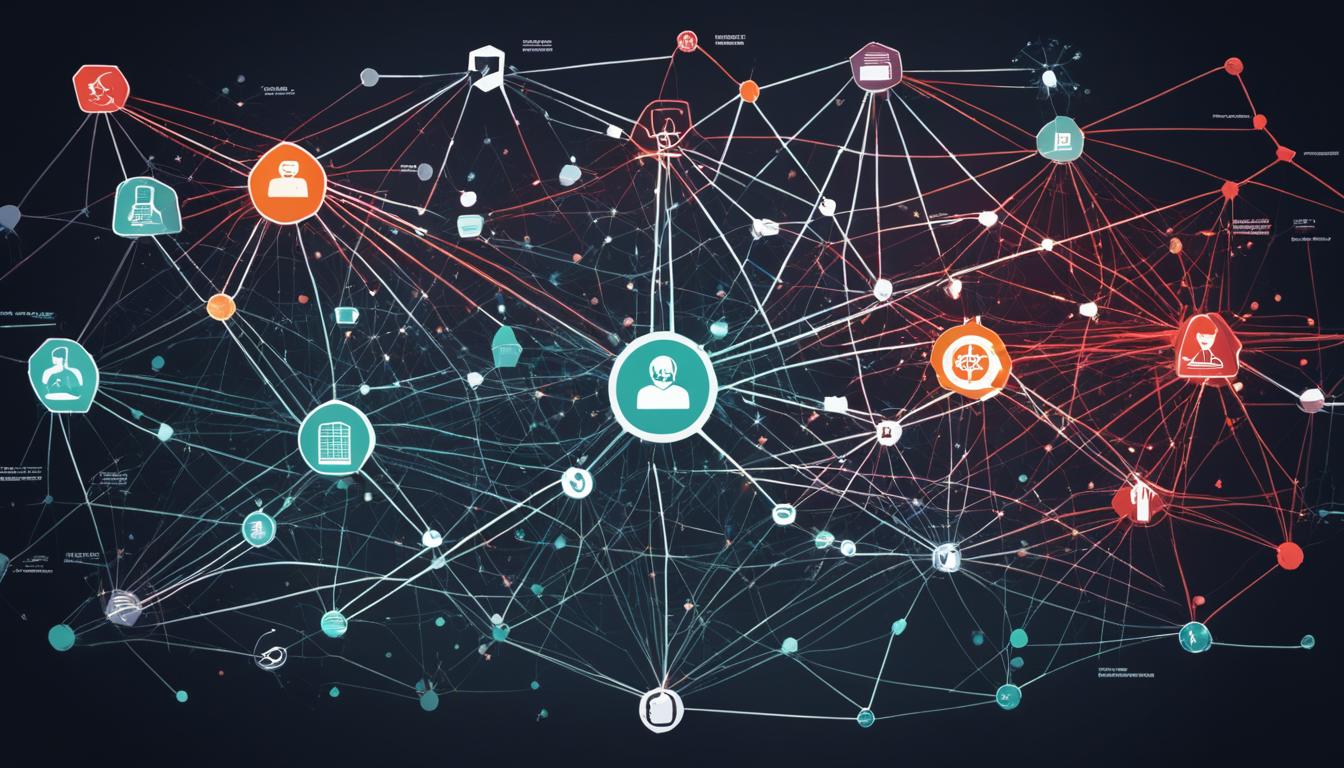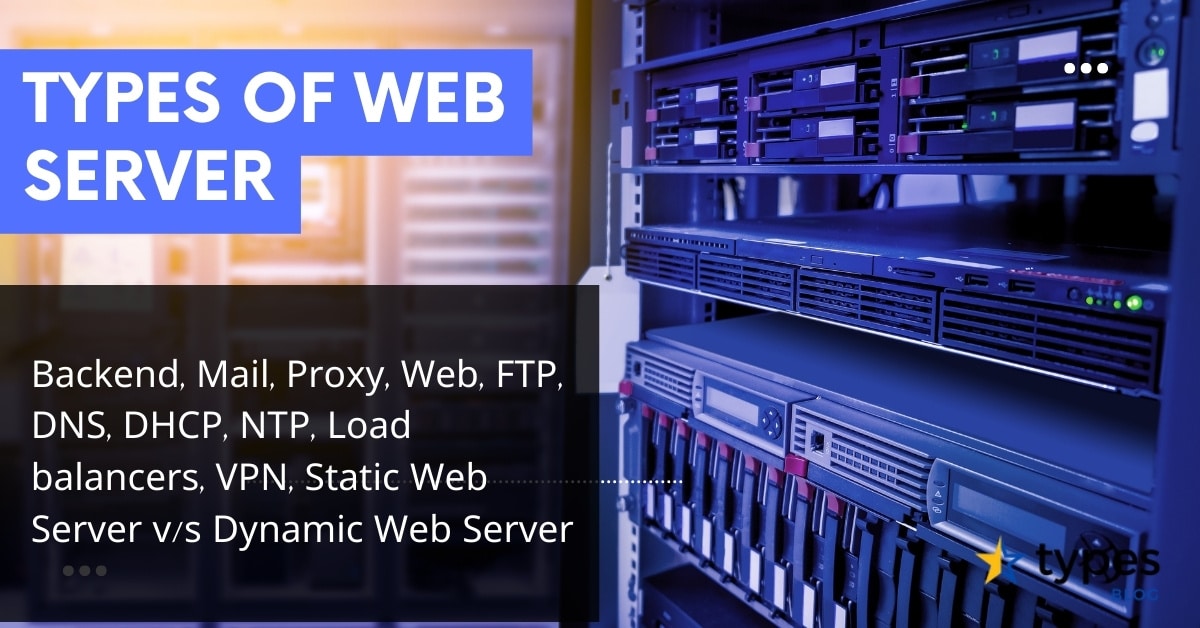Types of Intruders in Cyber Security- Understanding Network and Information Threats
Knowing the different types of intruders in cyber security helps protect against network breaches and cyber attacks. Identify threats like hackers, malware, and unauthorized access to enhance your network security.
Understanding Intruders in Cyber Security
Who are Intruders?
Intruders are people or groups who sneak into computer systems, networks, or data without permission. They find weak spots to steal info, mess up services, or cause trouble. In cyber security, intruders can range from amateur hackers to skilled cyber criminals.
Types of Intruders
Intruders come in different types:
Masquerader: An outsider pretending to be an authorized user.
Misfeasor: A legit user who misuses their access.
Clandestine User: Someone who takes control secretly and avoids detection.
These types of in...










